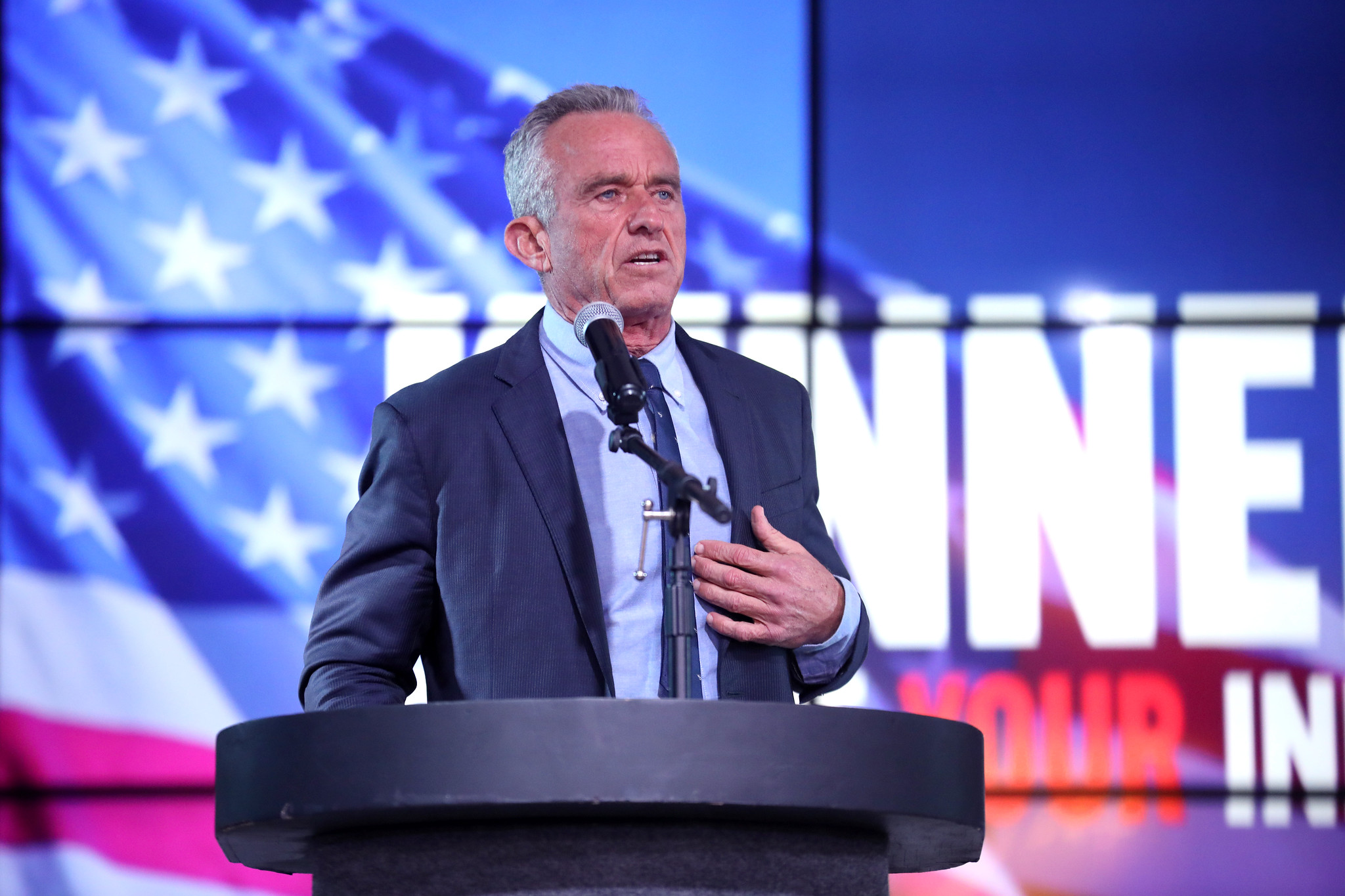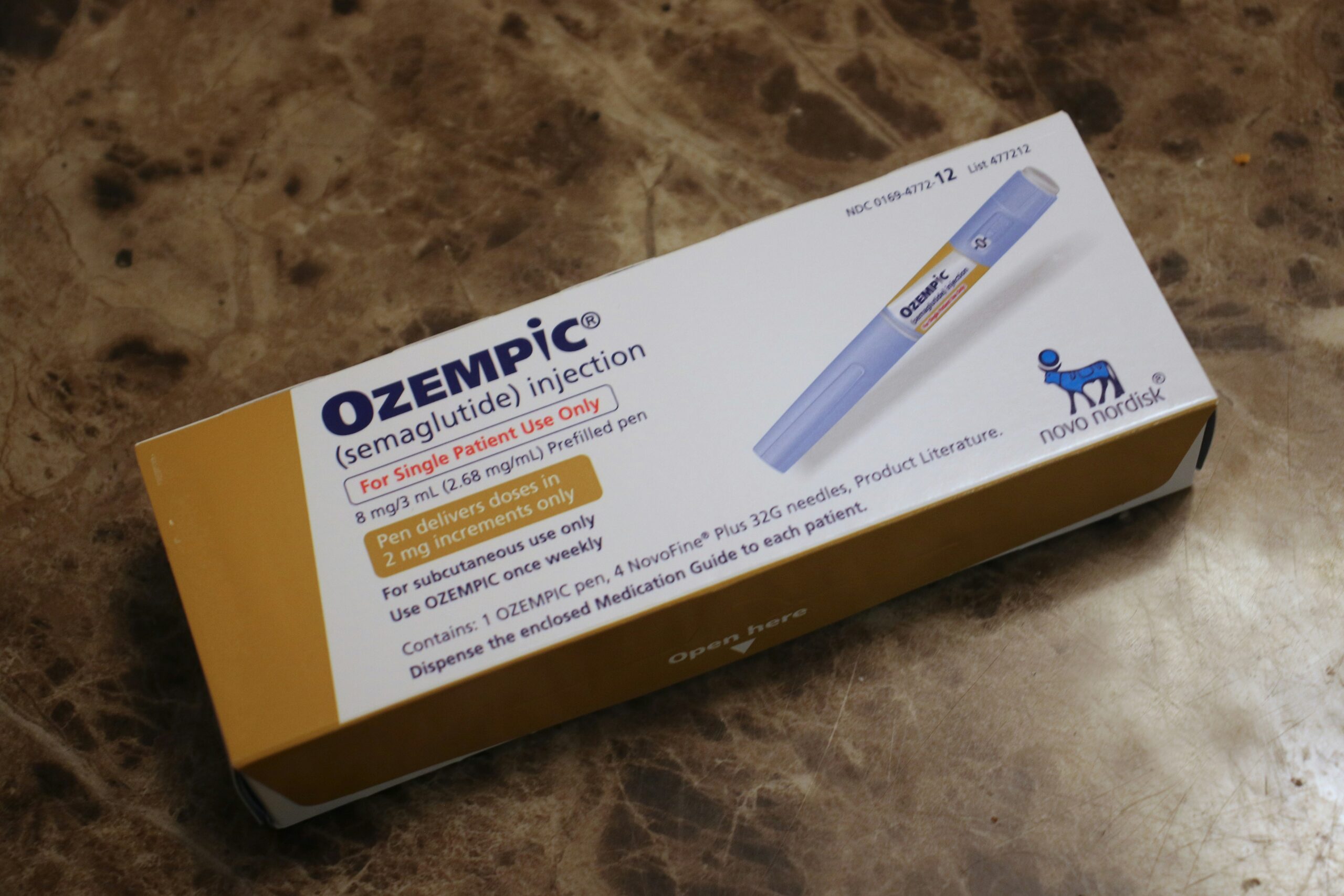Under the second Trump Administration, it’s fair to suggest that the nation’s public health sector will undergo the most radical changes and schisms it has likely ever seen, and the appointments the incoming president has made to oversee these changes have already sustained vitriolic criticism of a sort rarely seen a community (science) that disciplines itself to be modest, restrained, and factual.
Jay Bhattacharya, Trump’s pick to lead the National Institutes of Health, the world’s largest biomedical research agency, was described as “a self-interested extremist who gives cover to anti-vaxxers,” and who will “destroy” the NIH, by Angela Rasmussen, a virologist at the University of Saskatchewa. Despite merely sharing her opinion on X, POLITICO thought it should be reported on.
Bhattacharya’s publications and criticism in the media of the government’s handling of the pandemic were deemed to be “disqualifying for consideration as NIH director,” by Keith Yamamoto, a biochemist at the University of California San Francisco who was recently president of AAAS, which publishes Science of the three largest scientific publications in the world. “He has contributed to erosion of trust in science by attacking experts”.
To be fair to his critics, the vast majority are measured in their comments about his appointment, and generally acknowledge him to be qualified for the role.
By contrast, Robert F. Kennedy Jr., Trump’s pick to lead the Dept. of Health and Human Services (HHS), is seen as not just an unwise choice, but a terrible danger to America and the whole scientific profession in the country.
“I can’t think of a darker day for public health and science itself than the election of Donald Trump and the nomination of Robert F. Kennedy Jr. as secretary of health,” says Lawrence Gostin, director of Georgetown University’s O’Neill Institute for National and Global Health Law.
In an interview with TIME, Gostin suggests that RFK Jr. will make Americans even more mistrustful of American public health guidelines, agencies, and policy than ever before. It’s entirely possible that Gostin didn’t watch the sudden and sharp coverage that Trump began to pay towards public health after Kennedy endorsed him for president.
During a rally at Maddison Square Garden, and other rallies besides, Kennedy railed against corporate capture of the medical profession in America by pharmaceutical and food industry interests and laid out the case for America being the world’s most chronically ill nation—things which Trump said came as a surprise to him on his interview on The Joe Rogan Experience.
“When my uncle was president, 6% of Americans had chronic disease, and we spent zero on chronic disease in this country. Today, 60% of Americans have chronic disease. This is existential for our country. We’re spending $4.3 trillion a year, five times our military budget,” Kennedy said during the rally.
Now, a new study published in The Lancet has produced an extremely good report card for the last twenty years of the medical establishment’s progress and policy on public health that Kennedy is accused of being set to destroy.
Grim reading
The study examined obesity trends in the United States between 1990 and 2021 and found that 75% of American adults are at this very moment overweight and therefore at a higher risk of virtually all diseases of significance in Western society. 45%—nearly half the adults in the country—are obese.
Even more concerning, close to 50% of adolescents (15-24) and 37% of children (5-14) are overweight, with 25% and 14% obesity rates, respectively. All age groups are forecast under current trend lines to become more overweight and obese over the next 25 years, not less.
Kennedy didn’t have this paper to cite during the rally, but there’s a half-decent chance he might have.
“Both parties should join together to give this a ‘Manhattan Project’ level of resources and attention,” wrote Chris Kresser, founder of the California Institute for Functional Medicine, in a comment on the study in his newsletter. “Obesity increases the risk of virtually all chronic, modern diseases, and is associated with a shorter lifespan and lower quality of life. This is even more true when individuals become obese as children or adolescents because the negative impacts have longer to play out”.
“Existing policies have failed to address overweight and obesity,” the authors of the study wrote. “Without major reform, the forecasted trends will be devastating at the individual and population level, and the associated disease burden and economic costs will continue to escalate. Stronger governance is needed to support and implement a multifaceted whole-system approach to disrupt the structural drivers of overweight and obesity at both national and local levels”.
Much of the criticism leveled at Jay Bhattacharya and Kennedy came through the prism of the COVID-19 pandemic, a medical crisis filled with uncertainty. However, obesity, and the chronic diseases that result or are accelerated by it, are not unknown quantities. They have been thoroughly researched, both clinically and observationally, at both the level of the cell and the level of the population.
The NIH budget quadrupled between 1996 and 2021 from $10 billion per year to $40 billion, comprising the second-half of the study period from the Lancet paper. HHS would have grown dramatically over that period as well, yet the study states that the prevalence of obesity, a larger risk factor than just being overweight “doubled in the past three decades in both adult males and females”.
The authors note that when obesity begins in early life, the burden of care on the health system is amplified by orders of magnitude as additional chronic diseases and risks are developed earlier and have to be treated for longer.
“Effective policy has not kept up with these substantial transitions in bodyweight and body composition,” the authors flatly state in a portion of the Discussion section that demonstrates how every effort Federal health-related agencies have made to try and halt or reverse this growth in obesity, particularly in children, has failed, and they are left with calling for drastic measures, including “whole of government action” and the “reform” of “food systems” and “subsidies”.
In short, the last 30 years of the federal health establishment’s efforts at addressing what is obviously the greatest threat to Americans’ health and well-being have proven a dismal failure, and now, just as a pair of reformers aim to redirect that establishment to better address this threat, they are being pilloried as extremists. WaL
We Humbly Ask For Your Support—Follow the link here to see all the ways, monetary and non-monetary.
PICTURED ABOVE: Robert F. Kennedy Jr. at a campaign rally in Arizona. PC: Gage Skidmore, Flickr, CC 2.0.



